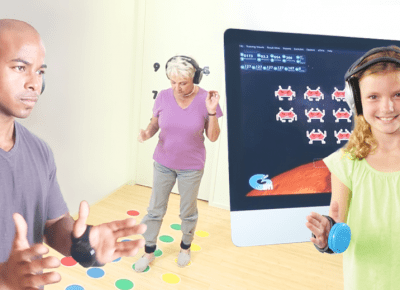Motor Difficulties
Executive Functioning and Brain Training for Difficulties in Fine and Gross Motor Skills

Coordination Developmental Disorder and Dyspraxia
Do you or your child frequently bump into things, lose balance, fall, and have poor eye-hand coordination or difficulty with writing? Have you attributed those problems to clumsiness? Sadly, many parents, teachers, and doctors are unaware of DCD (developmental motor disorder), also known as dyspraxia. These individuals have trouble with body movement, coordination, and everyday tasks. Jumping, running, walking, skipping, throwing a ball, and other motor tasks are crucial skills to academic development as well. Many don’t realize how important these skills are to function at school, home, and work. DCD can sometimes be linked to learning disabilities, ADHD, autism, and speech and language disorders. Many view sensory processing disorder as a subset of movement difficulties.
What is Sensory Processing Disorder (SPD)?
SPD is a neurological disorder causing individuals to perceive and respond to sensory input in atypical reactions. Quite simply, it’s the brain’s ability to decode and decipher sights, sounds, smells, and touch. Those with SPD have nervous systems that are extremely sensitive to incoming sensory information, and responses vary from person to person. They may overreact, underreact, or seek out more input to environmental stimuli. To some, rocking in a chair can be soothing. while others may not be able to tolerate it. Every individual’s sensory processing disorder responds in different ways to clothing, haircuts, socks, shoes, hugs, kisses, music, alarms, crowds, smells, glue, sand, traffic, and so on.
Executive Functioning and Brain Training, Not Strategies
Brain training is essentially developing the underlying cognitive functions to be achieved in all areas of life. It’s no wonder that these skills working together are referred to as executive functioning skills. The human brain’s job is fundamentally to process information and input from our environment. The nature of brain training is to facilitate and synchronize the latter and more. It’s important to note brain training is not relying on strategies to compensate for weaknesses. Brain training goes directly to the source of the cause of processing difficulties. Individuals with developmental coordination disorder, dyspraxia, and sensory processing difficulties have benefited from our home programs with supervision and in office programs. Our programs are based on scientific research and have improved the quality of life for those with DCD, dyspraxia, and sensory integration difficulties.



